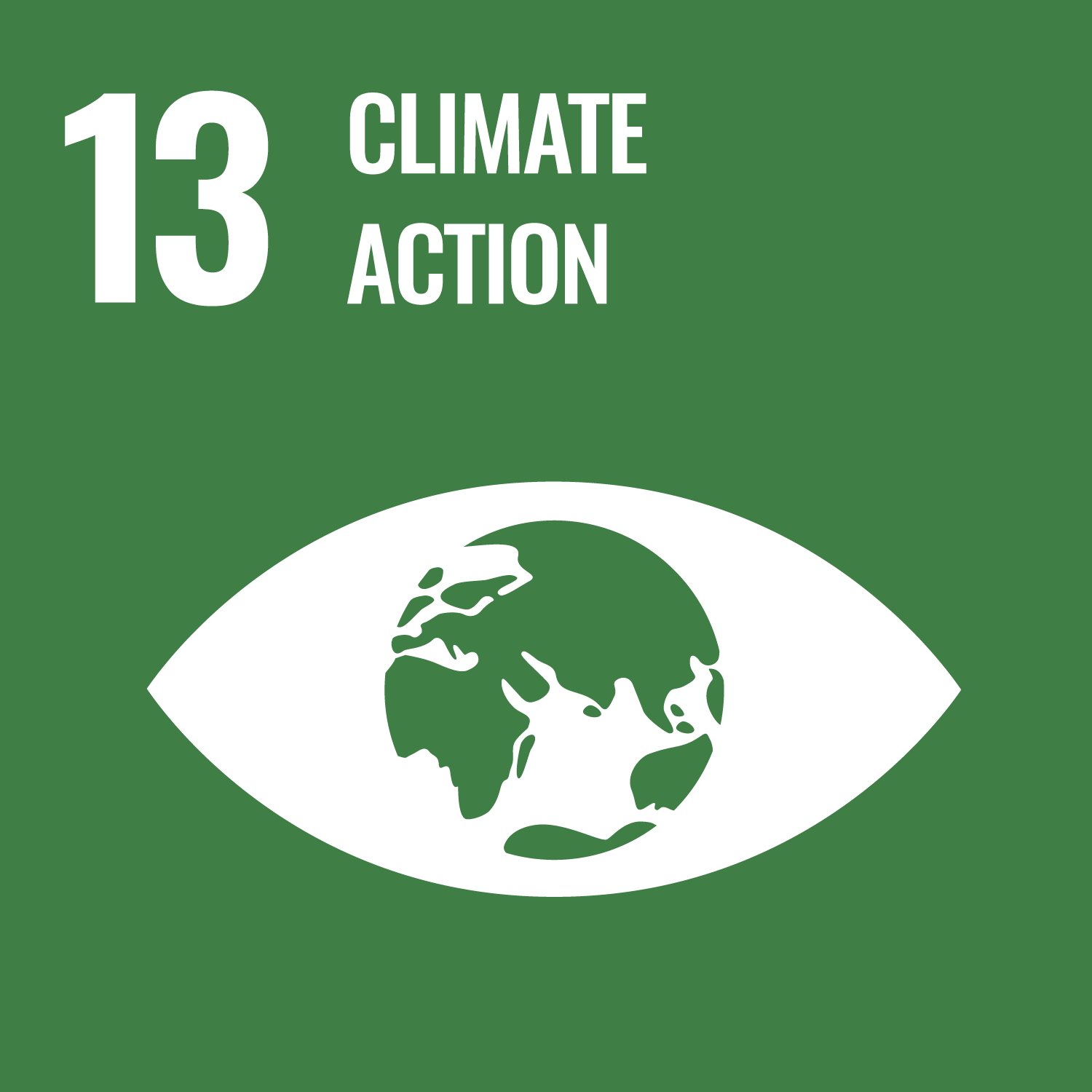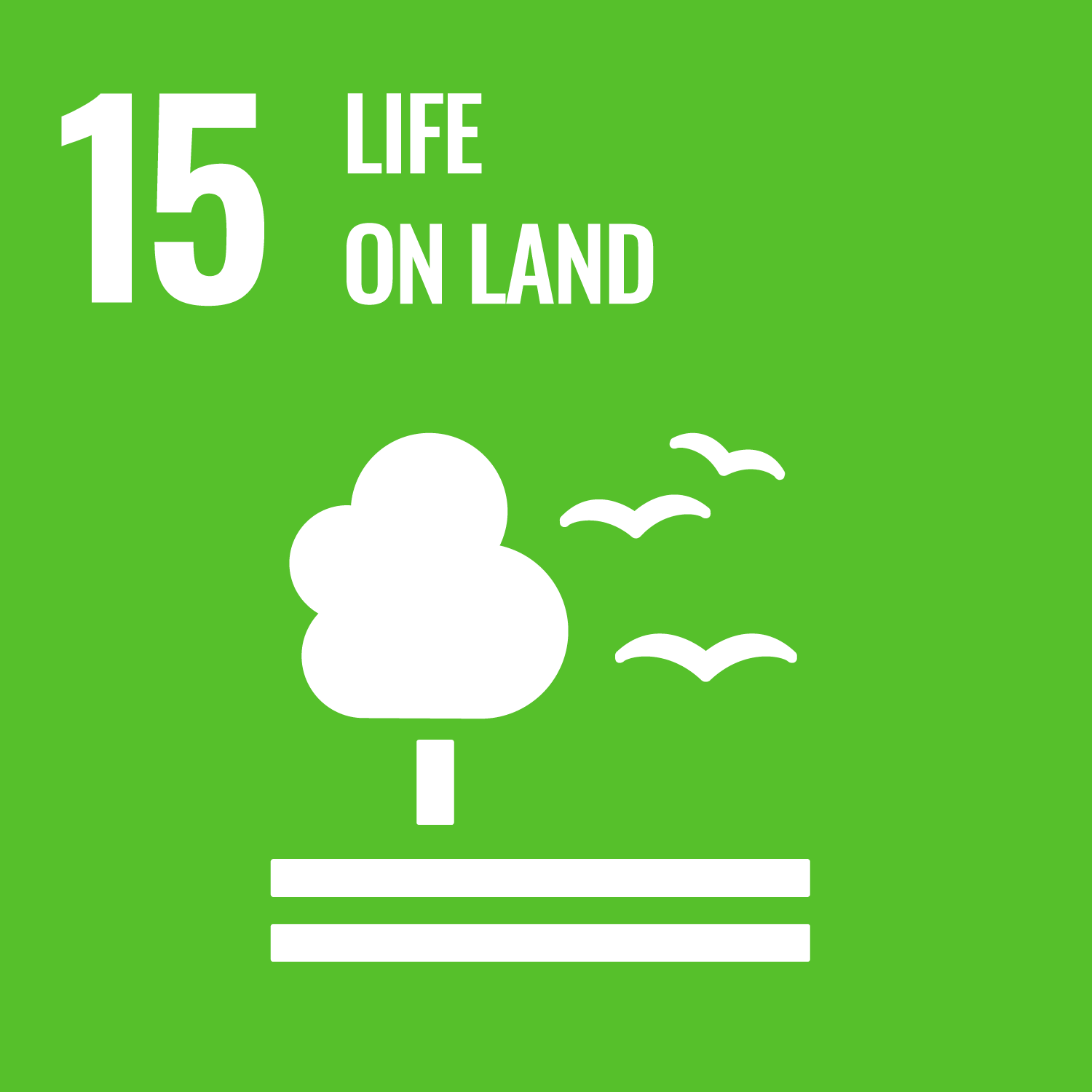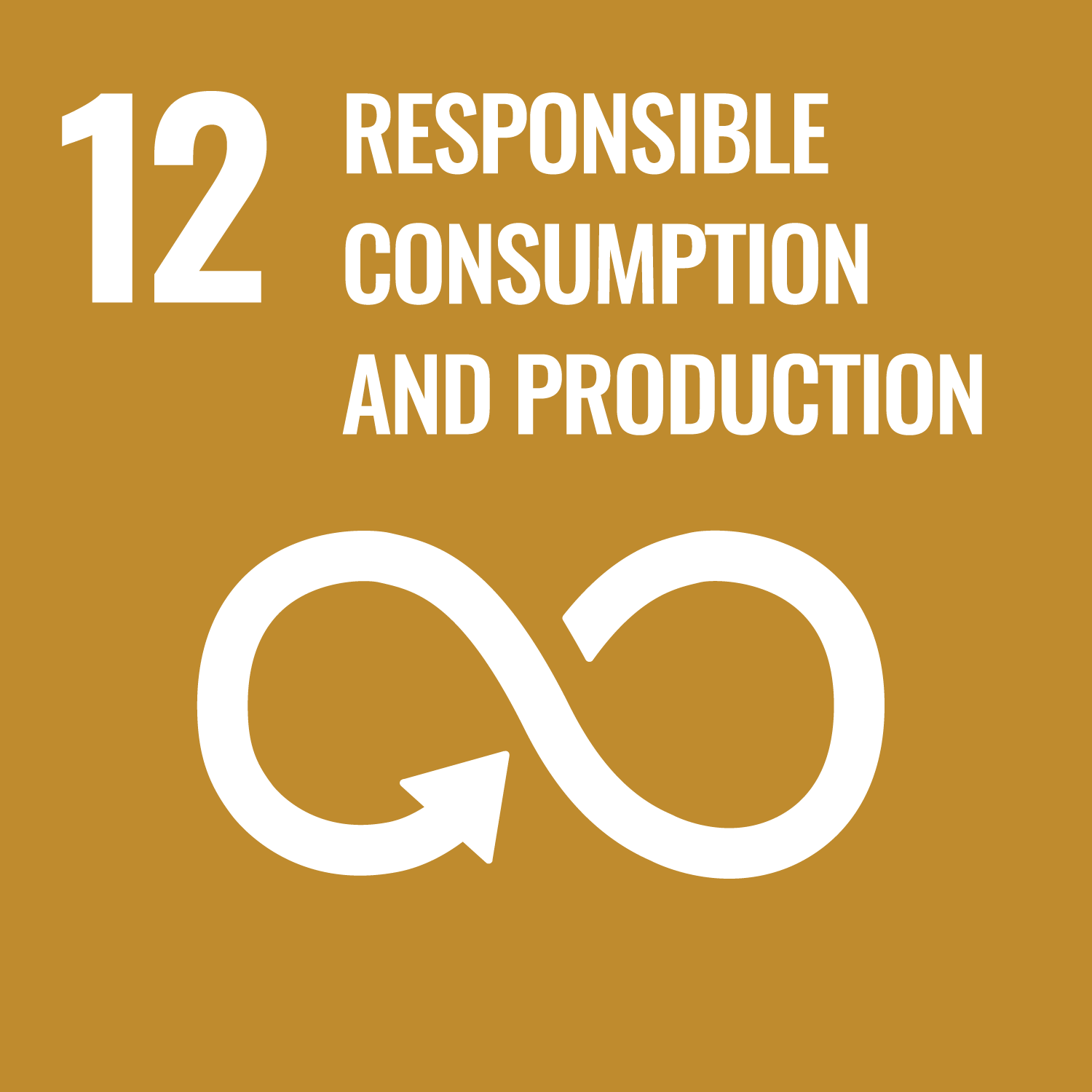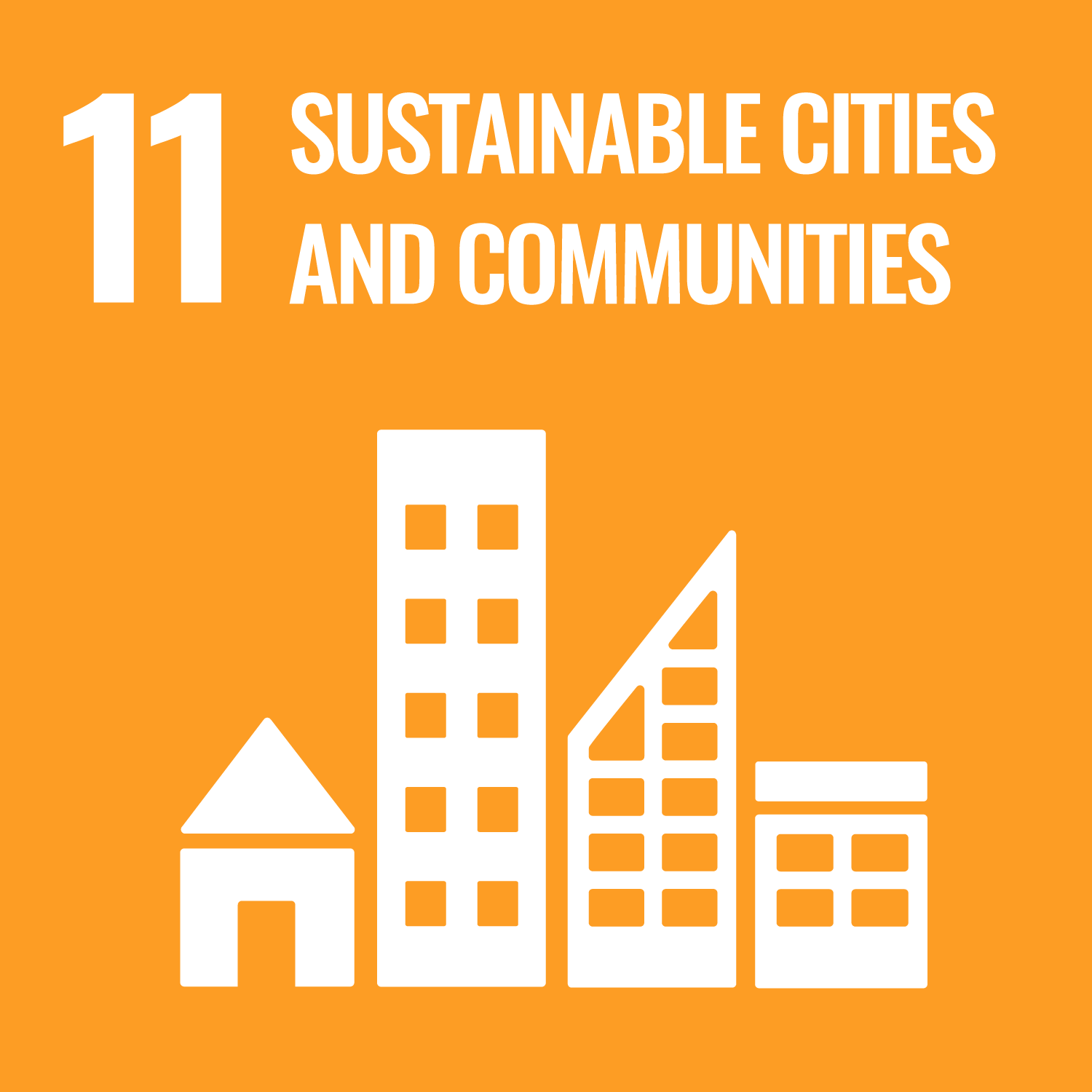Looply – a student-led Sustainable Startup tackling fashion waste
- Club & Circles
Four Sophia students from three different continents take on sustainability challenge in the fashion industry. Their next step: Taipei
In November last year, four students launched a project titled “Looply” with the mission to combat waste in the fashion industry. Under the name Looply,–derived from the idea to recycle textiles that have once been worn instead of throwing them away–Ewan, Jessica, Lyna, and Poonya set off on their journey as one of the dozens of teams participating in the Hult Prize. The Hult Prize is a global business competition that challenges university students around the world to solve the planet’s most pressing issues through social entrepreneurship and by doing so, help achieve the United Nation’s Sustainable Development Goals (SDGs).
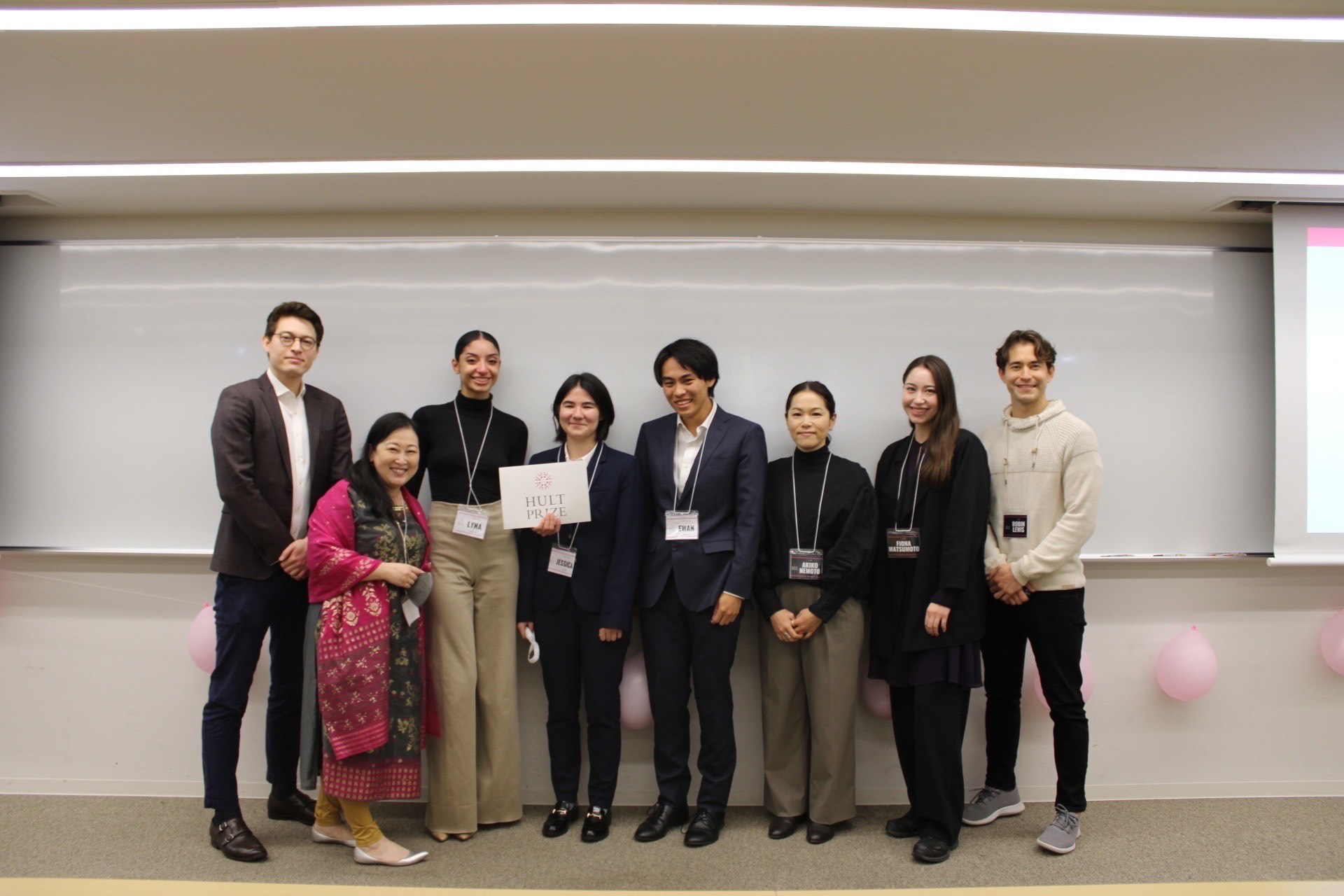
A month later, the four bright students competed in the university qualifier round hosted at Sophia University. After receiving critical acclaim from five judges including Mymizu Co-founder Robin Lewis, Rise Japan Co-founder Tomohiro Loeer, Japan’s Global Organic Textile Standard (GOTS) representative Fiona Matsumoto, Ecovadis Japan representative Akiko Nemoto and AWL representative Mina Tsuchida, the four students began on the next chapter of their story: competing in the Asia-Pacific Regional Competition hosted at Ming Chuan University in Taipei, Taiwan. So what was their idea which led them here?
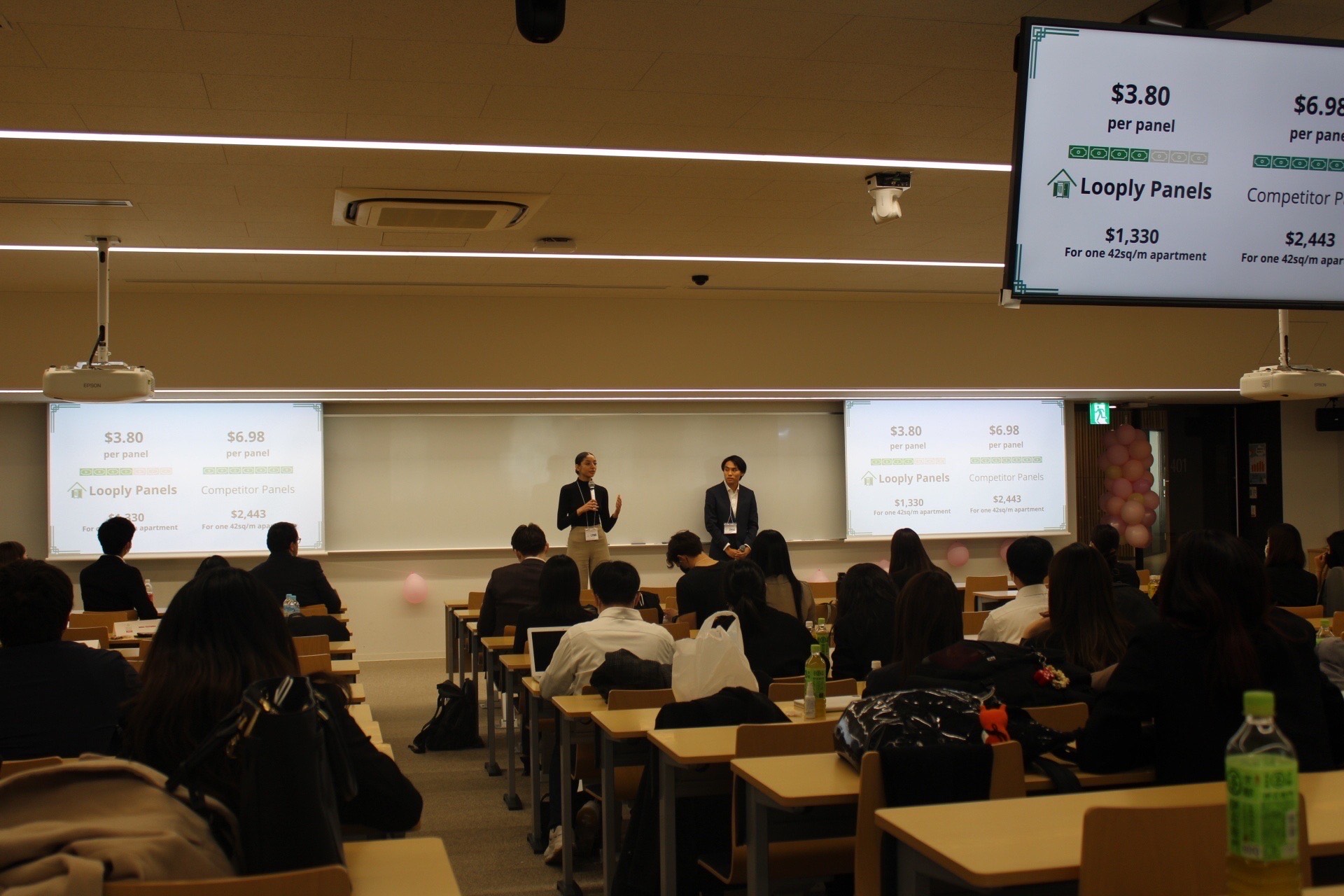
Turning clothing waste into textile paper bags. Looply’s new idea addresses the increasingly relevant issue of textile waste accumulating in landfills by upcycling this waste into a material used to make paper bags. By using a sustainable alternative to the common packaging material, Looply’s paper bags will decrease the number of trees being cut down worldwide, reducing CO2 levels. Coming from three different continents and four different countries, Looply also tackles the energy problem: by recycling clothing waste into a new material, Looply’s bags will effectively extend the product life of textiles produced, making the highly wasteful fast fashion industry more energy efficient.
To learn more about Looply as they prepare their idea for the Regional Competition, check out their social media (link below)
Instagram : https://www.instagram.com/looply_/
Student Staff Poonyaporn Suthamporn

